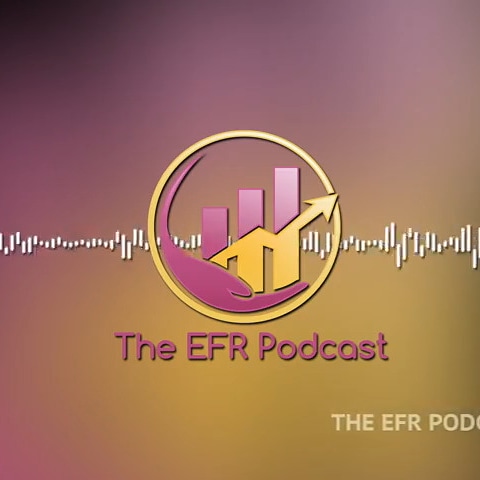
There are three economic forces which are now pulling down the economic future for millennials and generation-Z.
James Lyman BSAE, BSEE, MSSM
Today, the question on everyone’s minds is, ‘How long for the economy to recovery? How long before we’re back to the good times before the coronavirus?’ Well, before the pandemic hit, there were some pretty strong forces already pulling down our economy, like a heavy boat anchor hanging from our necks as we struggled to swim across the economic lake to the shore of prosperity. Actually, there are now three boat anchors, each pretty heavy just by themselves, let alone all three together.
Here’s a quick summation of those three forces:
1) Automation has been displacing people’s jobs long before the pandemic-economic crisis, with people continually struggling against the machines to have a place in the economy. But automation always flourishes in a recession with businesses continually looking for ways to reduce their operating cost. As in the past, we can expect many of the jobs to disappear to the machines, but now at a faster rate than before, leaving fewer jobs to be had.
2) Small business failures will leave fewer available jobs for the future. There are about thirty million small businesses, that’s half the businesses in America, with half of those small businesses having cash reserves for only about fifteen days, not near enough to weather the shutdown of the economy, and so a large number of small businesses will fail. About sixty million Americans work in small businesses, about half the American work force, and so a large number of people will lose jobs from these failures.
3) While America’s economy is strong, the economies of many other countries, including China, are weak and fragile. Before the coronavirus, there were fears within the economic community that those other nations could pull America’s economy down, which is now more likely with the coronavirus troubles.
Each of these forces are ‘killers of jobs’, leaving reduced economic opportunities for the millennials and generation-Z people. This makes each one a ‘boat anchor’ dragging people down as they struggle to swim and stay financially afloat. Any one of the three creates a significant challenge for people trying to stay in the economy, and if a significant number of people are unable to recover economically, then it stands to reason the economy itself will not readily recover. Looking at the 2008 Great Recession, it took almost a decade for the economy to return to what we had just before the financial crisis hit.
It’s safe to say, that with the three boat anchors pulling us down, it’s going to be quite a while for a full recovery, irrespective of what the government does. Unfortunately, in times like this, the social-economic system sluffs off those who have the least to contribute to a high technology society . . . not that I advocate that ‘sluffing off ’ process, but that’s just the way it’s always been! The hyper-consumerism economy America built since the 1970’s has really aggravated that. And if you haven’t noticed, in the last couple of years, much of that hyper-consumerism economy has been crumbling down. Noted retailers such as Sears, J.C. Penny, Pier 1, Neiman Marcus, RadioShack and Payless ShoeSource, to name just a few, have been closing stores and undergoing bankruptcy protection trying to remain in business. What’s to replace them . . . if anything?
For a large portion of Americans, their real value to society has been as consumers, working in the service sector of the economy to support other consumers, who in turn work to support other consumers. But as consumerism shrinks, these are the people being sluffed off by the social-economic system as surplus to the needs of a modern society. Add to that, the disposable income for the younger generation is also shrinking making them less valuable as consumers able to support hyper-consumerism.
The truth is, the American consumer based economy was in trouble before the pandemic forced the economy to shutdown. The pandemic only compressed what was already happening down to a very short time interval. Bottom line- it’s going to take a long time to try and rebuild the economy back to what it was . . . if indeed it can be rebuilt to what it was. Most likely, a new economic system will emerge less dependent on pure consumerism, but a fair number of people will be left behind. More people living on the edge, only to fall off for one reason or another, to slide into the ranks of those ‘tent people’ you frequently see pictures of, living on the sidewalks and underpasses of American cities. For those who are able to remain in the social-economic system, the recovery will be slow, many months at least, more likely years judging from the past.
Society is already puzzling over what to do with the tent people, with no viable solutions in sight. With a sudden surge in numbers, this problem will be even more critical with a steady movement towards eventual formal reservations, a solution loaded with a mirid of troubles and problems. For the millennials and generation-Z the future is rather dismal despite what the professional politicians say. A few years ago, the political buzzword was wanting to ‘fundamentally change America’. What they didn’t realize, was there had already been a fundamental change and it didn’t include many Americans – those who had failed to advanced technologically.
But the joker in the deck is going to be the oil! Despite this sudden reprieve of oil availability, the problem hasn’t gone away, and it will be the principle forcing function of the future.
